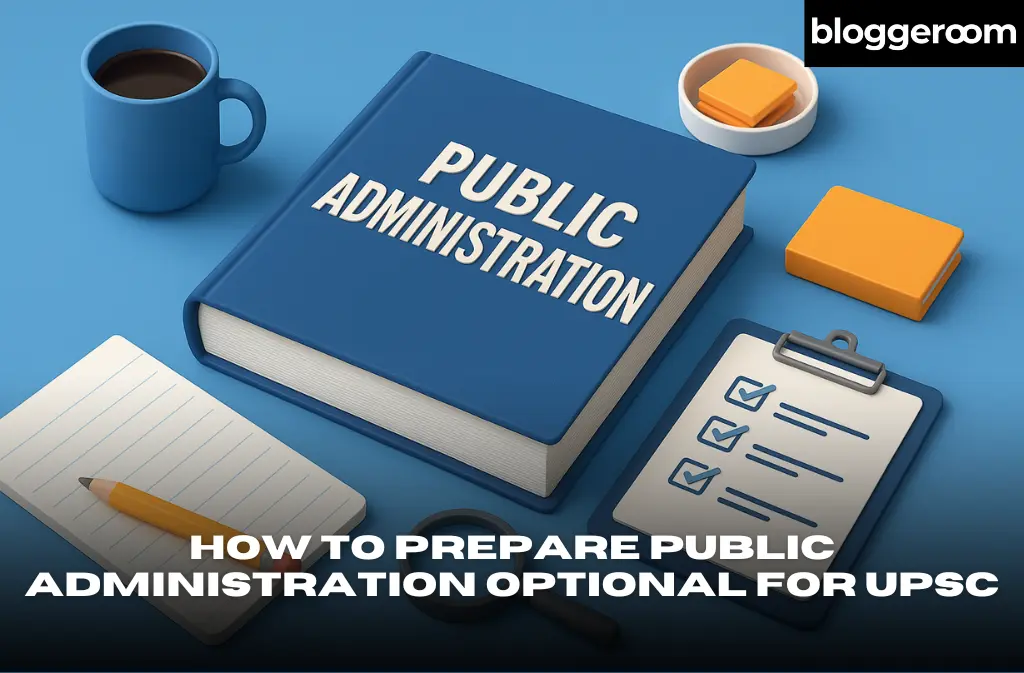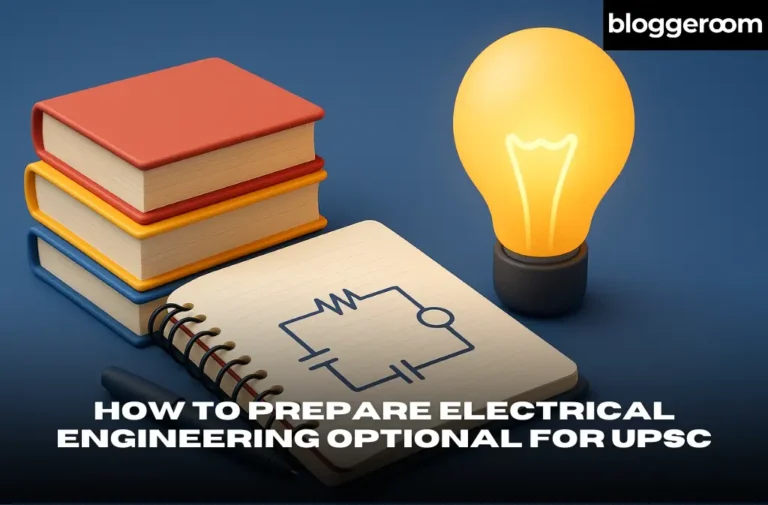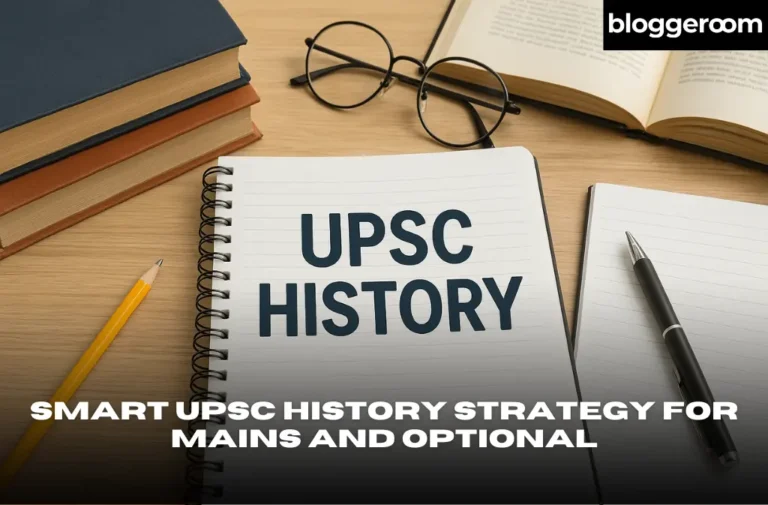How to Prepare Public Administration Optional for UPSC
Public Administration has long been one of the most popular and rewarding optional subjects in the UPSC Civil Services Examination. Its relevance to governance, administration, and day-to-day policymaking makes it both practical and intellectually stimulating. However, success in this subject demands a balanced mix of conceptual clarity, structured study, and consistent answer writing.
Understanding the Syllabus
Before diving into books and notes, go through the UPSC Public Administration syllabus line by line. The subject is divided into two papers:
- Paper I (Administrative Theory) covers the evolution of administration, thinkers like Max Weber, Mary Parker Follett, and F.W. Taylor, organizational theories, motivation, leadership, and decision-making.
- Paper II (Indian Administration) focuses on governance structures, accountability, administrative reforms, local governance, financial management, and the impact of liberalization and digital governance.
A clear understanding of this division helps aspirants prepare topic-wise notes and link Paper I theories with real-life examples from Paper II.
Best Books and Resources for Public Administration Optional
Instead of running behind multiple coaching materials, stick to a few reliable resources and revise them repeatedly. Some trusted books include:
- Mohit Bhattacharya’s “New Horizons of Public Administration” – for conceptual depth.
- Avasthi & Maheshwari – for Indian administration and contemporary governance topics.
- Prasad & Prasad – for administrative thinkers and classical theories.
- Laxmikanth’s Public Administration – for crisp summaries and quick revisions.
Supplement these with Yojana, Kurukshetra, ARC Reports, and current articles on government reforms, e-governance, and policy implementation.
Study Plan and Time Management
Start by completing Paper I concepts first since they form the base for understanding Indian administration in Paper II. Divide your preparation into weekly targets. A suggested structure could be:
- 60% of time – reading standard books and making short notes.
- 25% of time – answer writing practice and PYQ analysis.
- 15% of time – integrating current affairs and case studies.
During your revision phase, rely on concise mind maps and flowcharts for quick recall. Making “one-pagers” for thinkers, theories, and administrative models helps in last-minute revisions.
Answer Writing
Good marks in Public Administration depend heavily on presentation and conceptual linkage. Each answer should follow a simple format:
- Introduction – Begin with a clear definition or theory.
- Body – Add subheadings, examples, and interlink Paper I and II concepts.
- Conclusion – End with a practical recommendation, administrative reform, or quote.
Incorporating case studies like NITI Aayog’s performance-based initiatives, RTI implementation, or Mission Karmayogi enhances the analytical value of your answers.
Common Mistakes to Avoid
- Reading too many books without revising even one properly.
- Writing generic answers without linking to administrative thinkers.
- Ignoring current affairs and government reports.
- Lack of structure or poor time management during exams.
Conclusion
Public Administration is one of the most practical and rewarding UPSC optionals. With clear concepts, regular practice, and smart use of real-life examples, it can turn into a high-scoring subject. Stay consistent, keep your notes simple, and connect theory with current affairs – that’s the real key to success.







